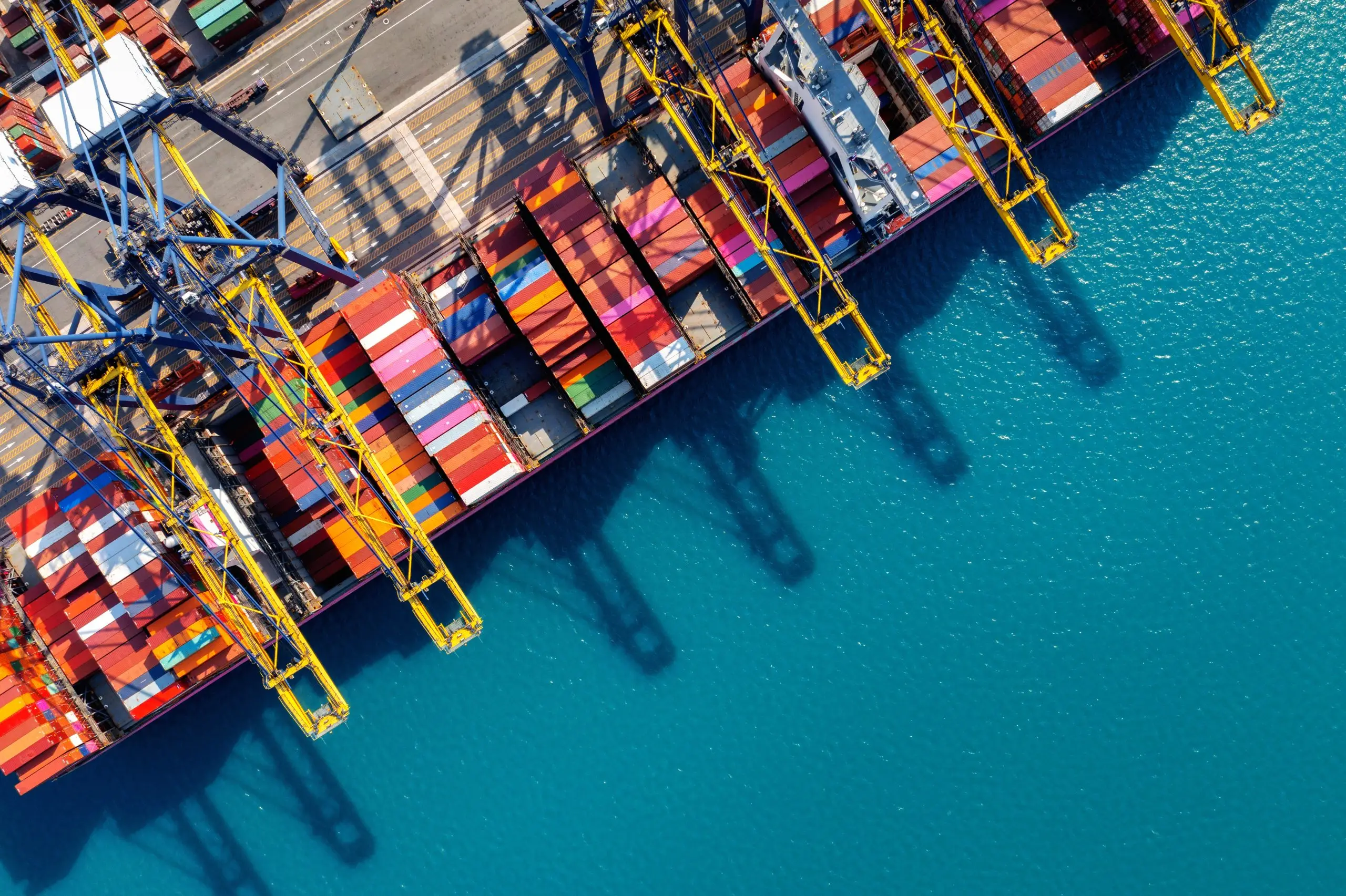European seaports and related logistics are a key part of international trade and logistics. In recent years, foreign involvement by third countries has gained greater significance in this sector, especially where China is concerned. The recent calls for a European port strategy in the European Parliament underline this. Individual Member States and the EU as a whole can actively influence future scenarios by managing the degree of foreign involvement in European seaports and logistics, with special attention for China’s influence. However, a lack of EU cooperation concerning foreign involvement negatively impacts the EU’s strategic autonomy. This limits control over future scenarios. The aim of this report is therefore to conceptualise an EU-wide policy framework for strengthening strategic autonomy in the domain of seaports and related logistics sector systems. China serves as a case study.
About the authors:
Xiaoxue Martin is a Research Fellow at the Clingendael China Centre. Her work focuses on the contemporary politics and international relations of China, in particular Hong Kong and Taiwan affairs, and China’s relations with the United States and European Union. She has researched topics including European dependence on China, China’s economic coercion, Chinese influence in infrastructure, soft power in Europe.
Dr Frans-Paul van der Putten is a Senior Research Associate at the Clingendael Institute. His area of expertise is the geopolitical role of China. He is the author of De Wederopstanding van China: Van prooi tot wereldmacht (The Resurrection of China: A geopolitical history of China from 1840), and was in 2015 one of the founding editors of Silk Road Headlines, a weekly newsletter on China’s Belt and Road Initiative.


